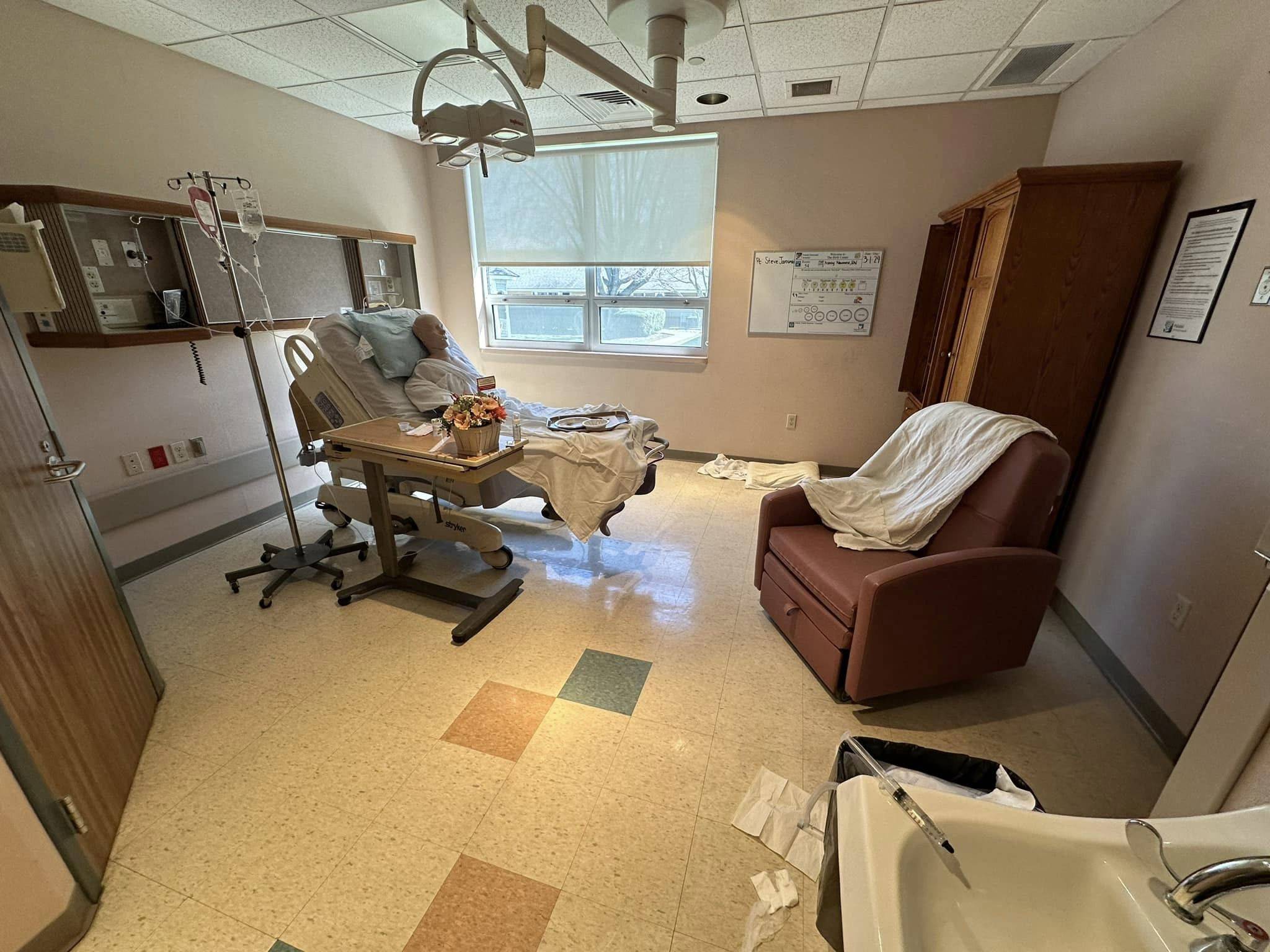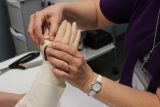PMH Recognizes Patient Safety Awareness Week
General
Posted by: Brian Ledley
8 months ago
Every March, healthcare professionals recognize Patient Safety Awareness Week as a time to reflect on one of the premier tenets of healthcare — “to do no harm.”
At PMH, Patient Safety Awareness Week is not just an event; it’s a culture embedded into our operations. From ongoing training to performance improvement, we strive daily to deliver the best care possible in a safe and welcoming setting.
In conjunction with the Indiana Hospital Association, PMH is endeavoring to improve patient safety through Harm Prevention, Diversity, Equity & Inclusion, and Health Care Partnerships.
Harm Prevention
Harm Prevention is at the heart of everything we do; it’s our WHY. Success requires visible leadership engagement, transparency, the use of data, and active management from all team members. Topics include:
- Antibiotic Safety
- Hand Hygiene
- Maternal Health
- Medication Safety
- Mobility & Pressure Injury Prevention
- Safe Infant Sleep
- Sepsis
- Suicide Awareness and Prevention

Diversity, Equity & Inclusion
Diversity, Equity & Inclusion recognizes that becoming a more culturally aware organization can improve social responsibilities as well as patient outcomes. Understanding Health Equity and Social Determinants of Health allows all patients to receive the highest levels of care regardless of race, ethnicity, disability, sexual orientation, gender identity, socioeconomic status, geography, preferred language, or any other factors that affect access to care and health outcomes.
The Center for Medicare and Medicaid has laid out a Framework of Health Equity for the next decade. To learn more about these efforts, please visit:
https://www.cms.gov/priorities/health-equity/minority-health/equity-programs/framework
Health Care Partnerships
Health Care Partnerships recognizes that strong relationships between patients, families, caregivers, and state and local stakeholders are vital to the care delivery system.

Care Transitions refer to the movement of healthcare consumers between healthcare settings and homes as their personal health status and care needs change. Healthcare providers work hard to ensure that patients have the resources they need and are able to care for themselves after leaving a healthcare facility.
Care Transitions can be most challenging for those with multiple chronic conditions. Coordinating physical and occupational therapy, medication adjustments, social support, at-home care plans, and caregiver needs can feel overwhelming. Understanding how to become a partner with your care team will help you navigate and maximize your well-being.
Providing safe, effective care can only happen when there is trust among healthcare professionals, patients, and the community. Speaking UP is one way that PMH ensures we are meeting our mission. We encourage patients and caregivers to ask questions and to say something if they see something they feel is unsafe or that they have questions about. Equally, our culture expects that co-workers can report issues when they arise to ensure that we are serving our patients and each other safely.
Every two years, in conjunction with Patient Safety Awareness Week, PMH asks for feedback from its staff during our Culture of Patient Safety survey. Staff members are encouraged to provide feedback, celebrate best practices, and identify improvement opportunities for patient and staff safety.
Throughout the week, we invite you to visit our social media sites to learn more about Patient Safety Awareness Week and the efforts Pulaski Memorial participates in to reaffirm our commitment to safeguarding the well-being of every staff member and individual entrusted to our care.
For more information about Patient Safety Awareness Week and PMH’s partnership with the Indiana Hospital Association, please visit IHA’s website, www.ihaconnect.org.


